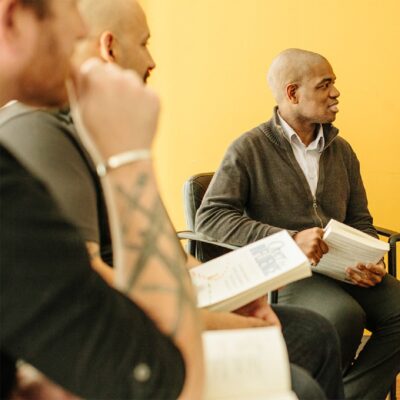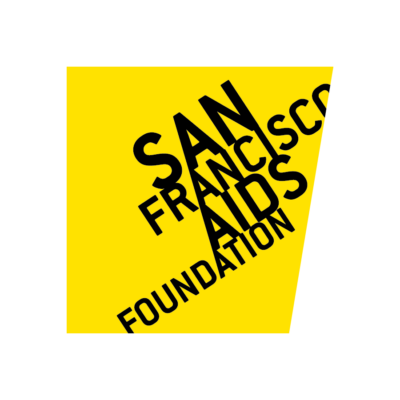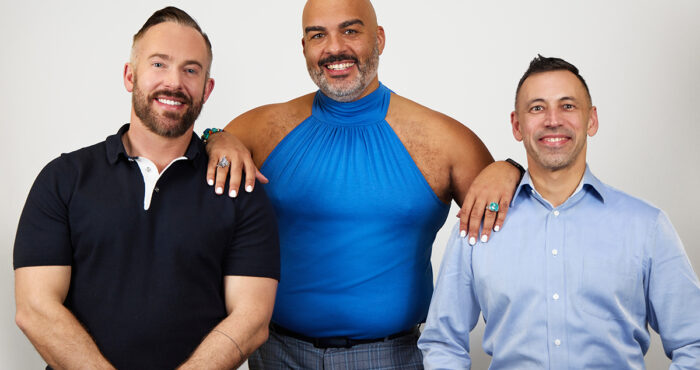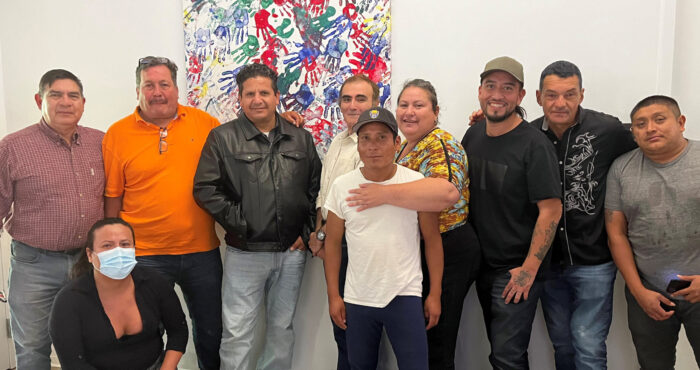40 years celebrating history and culture with El Grupo de Apoyo Latino
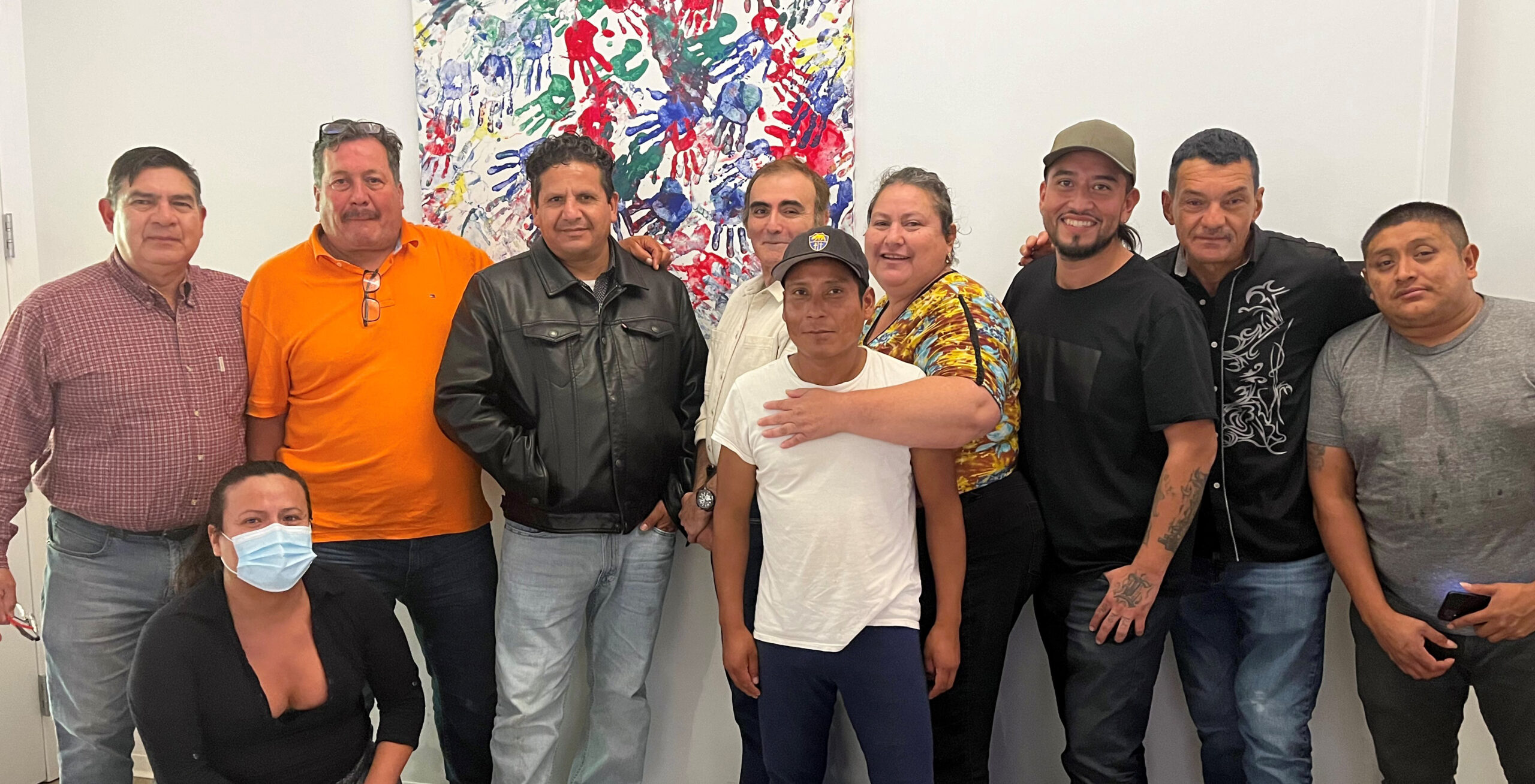
In honor of Hispanic Heritage Month (September 15 – October 15), we caught up with Programa Latino at SFAF–to hear how the beloved community group El Grupo de Apoyo Latino celebrates history, culture, and identity. The group, established in 1984, celebrates its 40th anniversary this year.
Read more about the history of El Grupo.
Why is the celebration of art, history, and culture important to the work of Programa Latino?
Eduardo Siqueros: Our goal is to take a culturally component and linguistic approach to the services we provide. That must include an appreciation of the art, the culture, and the ways we express ourselves–because the Latino community does have such a deep appreciation of our culture, our art, our music, and our food.
Programa Latino brings in such a diverse group of participants–people from all across Latin America and Mexico, people who are recent immigrants and people who have long histories in the U.S. How do you bridge those divides and reach across cultures, histories, and ways of experiencing the world?
Eduardo: I think there’s a shared appreciation for the diversity of our communities. And so we use culture, food, music, and celebrations as a way to bring people together. Cumbia music, for example, which is heard from Colombia to Mexico City, and throughout other parts of Latin America, bridges those divides. We have songs in our playlists that invoke memories, give people a sense of nostalgia, and spark discussions.
I know food is at the heart of El Grupo. It brings people together, represents love and care. How do you incorporate food into your programming?
Jorge: We always have food in our groups! We’ll serve everything from rice and beans, to traditional stews, to pupusas, to tamales (of which there are many different kinds from all different parts of the world). We get feedback from our community, and bring in what people love! And we love agua frescas–all different flavors (like horchata and hibiscus). For many participants in our group, the food is the cultural link, the flavors, textures, colors and how food smells, is a cultural discussion and cultural engagement.
Why is it important for the program to take a strengths-based approach, as opposed to one focused on “risk”?
Jorge: It’s important to name that our community has so many talents and strengths. We have excellent chefs, singers, people who were teachers in their home country, people with college degrees and rich life experience. Of course we have challenges, and those are things we address during the support group. Some in our community have health concerns, are living with HIV, do not have housing, or use drugs.
Eduardo: We come together in order to give space for social support. We use advocacy to empower the community. And we really want to use individual strengths to be able to help them with overcoming a lot of these barriers that they have.
Our Promotores program is the perfect example of this. These health educators have benefited from the support they’ve received from Programa Latino, and are motivated to give back to their community. They use their knowledge, their skills, and their understanding of the community to reach new people, give information, and bring people to services.
Why is it important to foster cultural pride in El Grupo?
Eduardo: It’s all about leveraging the cultural strengths we have. Pride and community are powerful motivators–to get involved, to make a difference, to be a leader in your community. We rely on our strengths instead of fear.
Jorge: In the Chicano movement there’s a saying, “La Cultura Cura,” which shares that practicing cultural rituals and cultural etiquettes is a healing process. Sometimes, we become invisible due to the political discourse, the environments we live in. But if you practice and come together in communal events, you remember you’re part of a community. It’s healing.
One thing we share with other groups of people–say for instance Black and African American communities–is the history of colonialism and oppression, and the experience of social inequities. We come together in community not only because of that shared experience of oppression, but to find strength and power in order to overcome and continue on our journey.




